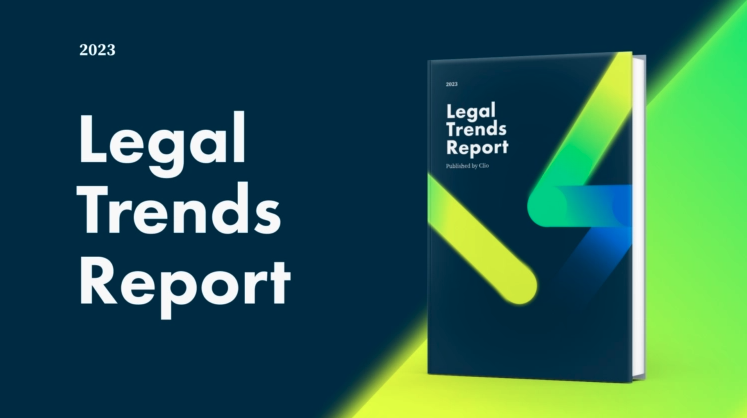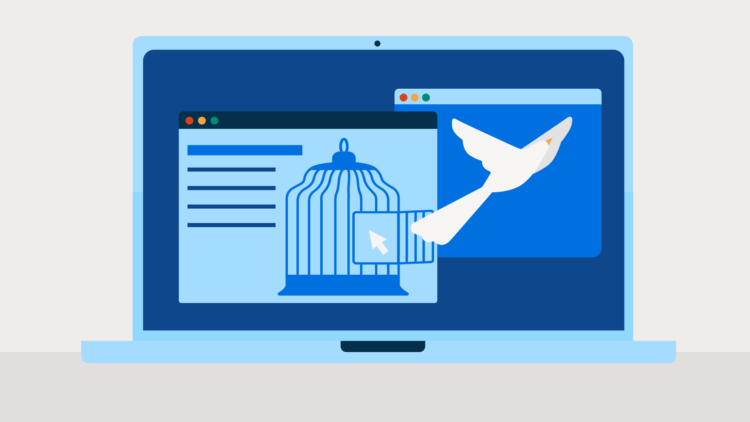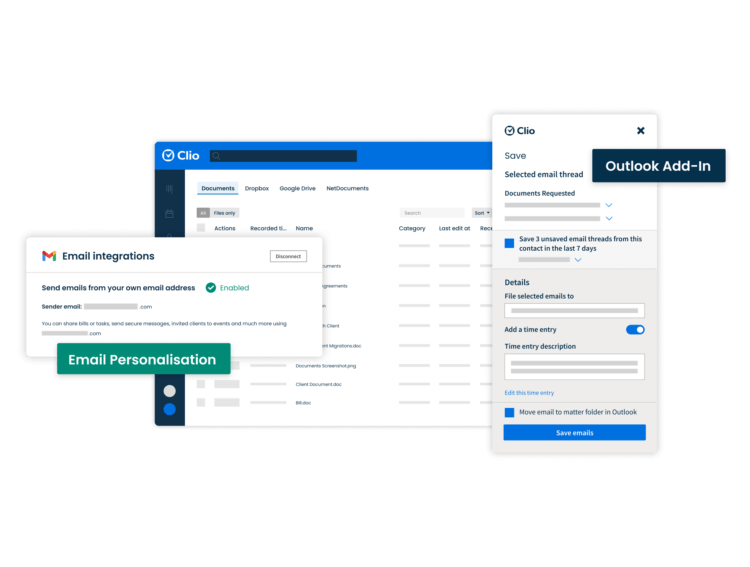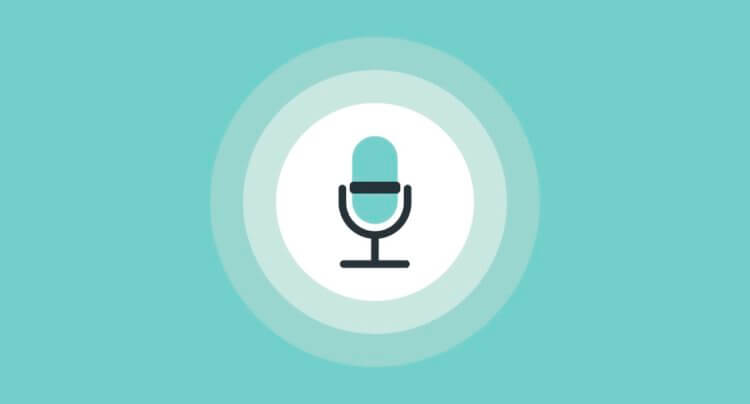For those with complex, long-term healthcare needs in England and Wales, NHS Continuing Healthcare (CHC) can make all the difference—CHC is a package of care tailored to the patient, and the NHS covers the full cost of healthcare and accommodation.
However, accessing Continuing Healthcare can be quite a challenge. The landmark 1999 Coughlan judgement resulted in less restrictive eligibility criteria for Continuing Healthcare, but Dan Harbour, Managing Director of Beacon CHC, said that applicants may still be stuck waiting months for the results of an application—especially if they need to appeal a decision.
“[Appeals] will always take months,” he said. “The appeal process is a bit of a quagmire, so people who call us on our advice line will often call back a few times over the course of a few months. If we’re seeing a case through, we’ll often have that case for a number of months, and sometimes we’ll have it for years.”
Beacon CHC helps people navigate the rules and requirements surrounding Continuing Healthcare so that they can get the care they need. By providing free information, short phone consultations, and flat fee assessments in addition to casework, Beacon has scaled its impact on behalf of those who need access to Continuing Healthcare. Its innovative model for providing legal information and legal services lets it provide general information where it makes the most difference, while focusing its specialist resources where bespoke legal work is most needed.
With its innovative model, Beacon has served over 12,000 callers since it became a national social enterprise in 2014, and has helped families recover £8 million in care funding for their loved ones—all with just 15 staff members.
Here’s how they’ve been able to have such a broad impact for so many people.
1. Empowering individuals with tools to navigate the application process
With the right information, people navigating the Continuing Healthcare process have a better chance of securing healthcare funding. Beacon CHC offers a free Navigational Toolkit that explains the system in detail, including potential issues to look out for.
“We have quite a comprehensive set of literature which guides people through the different parts of the processes—from initial assessment to appeals, including the legal framework behind it all,” Dan explained. “People download it from our website, or we post it to them, and we send out a couple hundred of those each month.”
Beacon CHC also answers general questions via a helpline and website forms. “We offer unlimited information about the Continuing Healthcare system—what it means to our callers, how to get an assessment, how to start an appeal, and more,” Dan said. “We get a whole breadth of different types of enquiries. Some people are just encountering the system for the first time, while other people have gone through it and had a complete nightmare.”
2. Tailored advice via in-depth consultations
If callers are still looking for more support after asking questions and perusing the information on Beacon’s website, they can contact the organization’s Information and Advice Service for 90 minutes of free advice from trained advisors at Beacon. These scheduled consultations (the cost of which is covered by NHS England) are conducted via phone or Skype, and often cover more specific issues.
“For example if they’ve had an assessment, they may call to ask whether it was done correctly, whether there may be grounds for appeal, or just to chat it through. Or, they may be preparing a challenge to a decision, and they may want us to look at that,” Dan said.
Callers can share documents and additional information for context prior to their consultations, and sessions can be broken up into smaller segments. Everything, including each caller’s documents, time spent in sessions, and any other information, is meticulously recorded in Clio. It’s how Beacon continues to keep track of the 12,000 callers it has had over the past four years.
3. Providing affordable access to legal services
Finally, for more complex cases, Beacon offers paid legal services. Beacon offers its services at a low hourly rate, so that those who need representation can access it.
“We have a success rate of about 70% at appeals,” Dan said, “But some of these cases take years to resolve.”
If callers are unsure about whether they’d like to invest in representation, there’s also Beacon’s Expert Analysis Service, a flat fee service designed to help people decide whether to go through the often lengthy and costly process of appealing a decision regarding their eligibility for Continuing Healthcare. If Beacon believes, after an in-depth analysis of a case, that a client does not have sufficient grounds for an appeal, they’ll tell them up front, saving them valuable time and money.
Taking an alternative approach to make a bigger difference
Beacon’s innovative efforts have made an incredible difference in the lives of its clients. For example, when a man with a serious brain injury was deemed to be no longer eligible for Continuing Healthcare after seven years of receiving it, Beacon successfully appealed the decision and secured funding for the man.
For Dan, those positive results are what make it all worth it. “The most rewarding part of what we’re doing is getting the right result,” he said. “It’s getting the right care and the right funding for some of the most vulnerable people in our society at an incredibly emotional and very stressful time in their lives.”
We published this blog post in March 2018. Last updated: .
Categorized in: Access to Justice, Technology





